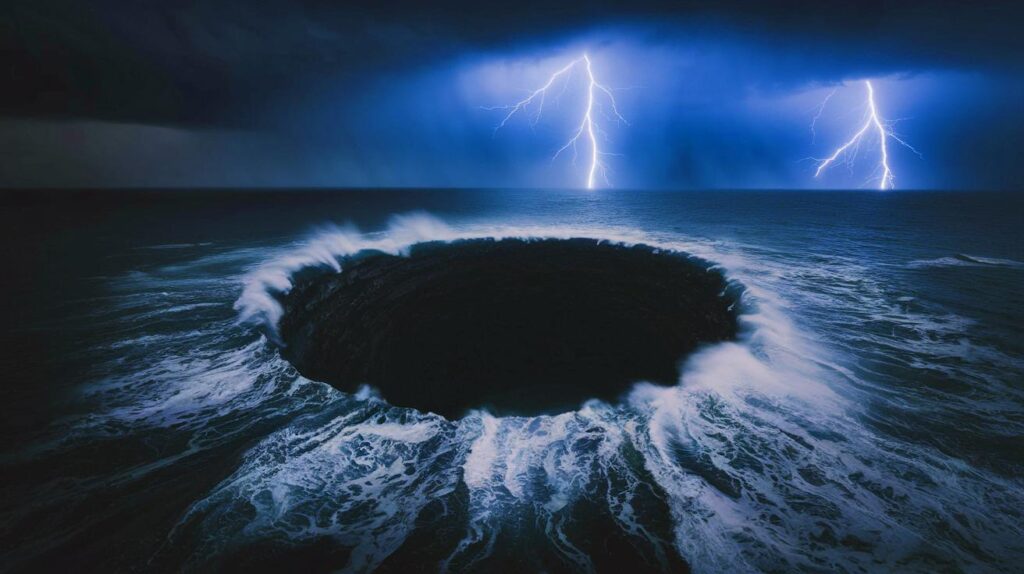| IN BRIEF |
|
The global energy landscape is undergoing significant changes, and the United States is poised to lead this transformation by investing in advanced nuclear reactors. The U.S. administration has recently announced the distribution of high-assay low-enriched uranium (HALEU) to developers of advanced reactors. This initiative aims to foster innovation in the nuclear sector and provide more secure, affordable, and reliable energy for the American people. With domestic demand for HALEU expected to reach 50 tons per year by 2035, this allocation represents a crucial step toward the commercialization of innovative nuclear technologies.
Secure And Affordable American Energy
Energy Secretary Chris Wright emphasized that the Trump administration seeks to unleash all affordable, reliable, and secure American energy sources. This includes accelerating the deployment of advanced nuclear reactors. He stated that the allocation of HALEU will assist American nuclear developers in deploying their advanced reactors with materials sourced from secure supply chains. This marks a significant advancement in President Trump’s agenda to revitalize the American nuclear sector.
Currently, HALEU is not available from domestic suppliers, presenting a challenge for reactors that require this material to achieve more compact designs and longer operating cycles. Therefore, the Department of Energy (DOE) has established a HALEU allocation process, allowing nuclear developers to request this material from DOE sources, including the National Nuclear Security Administration (NNSA). This initiative aims to ensure that American nuclear technologies remain at the forefront of innovation.
Critical Material For Advanced Reactors
Companies such as TRISO-X, Kairos Power, Radiant Industries, Westinghouse Electric Company, and TerraPower have received conditional commitments for HALEU. This material is essential for developing and deploying advanced reactors. The availability program for HALEU was mandated by the 2020 Energy Act to ensure access to this material for research, development, demonstration, and domestic commercial use.
The DOE has highlighted the need for developing new transport packaging for HALEU, as the containers designed for highly enriched uranium (HEU) can only carry small quantities of HALEU, increasing costs and the number of containers required. The DOE is working to support industry efforts to develop additional or updated transport packaging to facilitate the transportation of large quantities of HALEU.
HALEU: A Necessity For Advanced Reactors
Enriched between 5% and less than 20%, HALEU is required for most advanced American reactors to achieve more compact designs and provide greater power per unit volume. The DOE estimates domestic demand for HALEU could reach 50 metric tons per year by 2035. This material also optimizes systems for longer operating cycles, increased efficiencies, and better fuel utilization.
To meet this growing demand, the DOE is exploring three options to provide HALEU to advanced reactor developers, thereby supporting the testing and demonstration of these innovative reactors. By investing in these technologies, the United States aims to strengthen its position as a global leader in advanced nuclear energy.
Pioneering Companies In The Sector
Among the companies receiving conditional commitments for HALEU, TRISO-X, Kairos Power, Radiant Industries, Westinghouse Electric Company, and TerraPower stand out. These companies play a central role in the development of advanced reactors in the United States. Their innovations promise to transform the energy landscape by offering more sustainable and efficient solutions.
These companies are collaborating with the DOE to implement the HALEU availability program, ensuring access to this essential material. It is crucial for these companies to continue innovating to meet current and future energy challenges. How will these efforts transform the way we design and utilize nuclear energy in the future?







